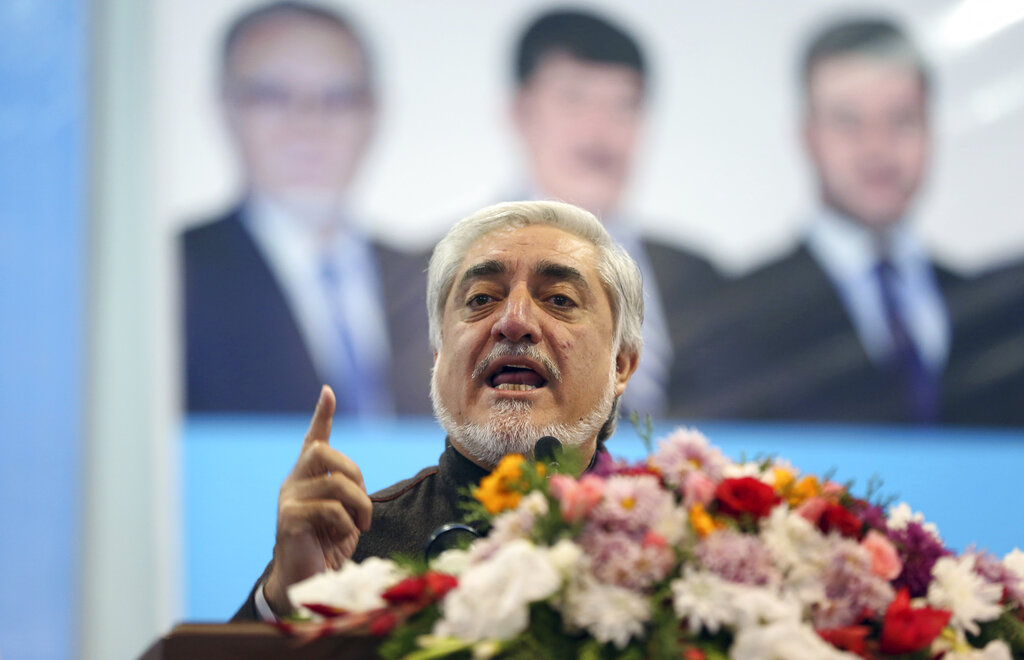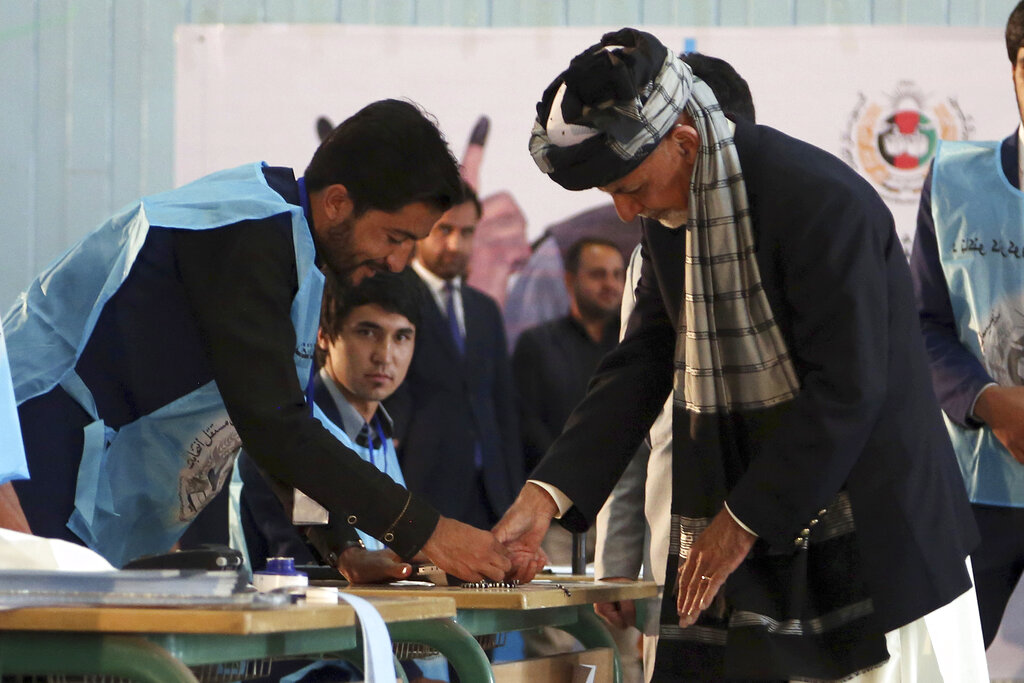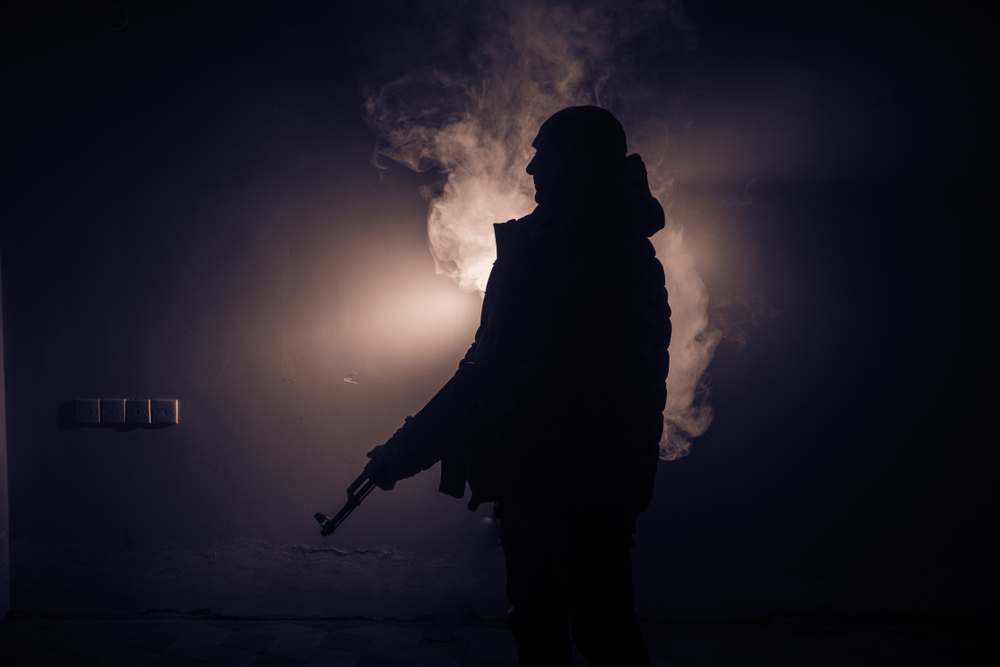The Afghan presidential elections were held successfully and surprisingly peacefully in September. Just before the elections, President Donald Trump dramatically cancelled the Camp David talks but the Taliban reacted mildly as if they were almost expecting that nothing significant would happen till the elections had taken place.
The results are still to be announced. Both the frontrunners, President Ashraf Ghani and CEO Abdullah Abdullah, have claimed victory and accused each other of using illegal tactics to influence the outcome. The commonly held view is that Abdullah is ahead and, now, much awaits the final result and a signal from the US that they are in agreement with this result.
The curious case of Abdullah Abdullah’s grouping: a new Northern Alliance?
Surprisingly – especially if Abdullah has come out ahead – Abdullah didn’t have a Pashtun on his slate this time round and his running mates are a Hazara and a Turkman. In previous elections Abdullah did claim Pashtun descent but that didn’t cut much ice with voters because it was founded on his stepfather being Pashtun. In 2014, to reach out to the Pashtuns, Abdullah chose Mohammad Khan as his vice-presidential running mate. Khan, a Pashtun from the Hizb-e-Islami, was Gulbuddin Hikmatyar’s intelligence chief and this would also have found favour with Pakistan.
Running for elections without a Pashtun on the slate would normally be a non-starter but Abdullah bolstered his credentials by announcing his government’s CEO would be a Pashtun, Anwar-ul-Haq Ahadi, head of a faction of the Pashtun nationalist Afghan Millat Party. The CEO post was created after the last election to fit Abdullah into the current government. Equally crucially prominent Pashtuns like former president Hamid Karzai threw their weight behind Abdullah.
Also, the premature withdrawal of Pashtun frontrunner Hanif Atmar, gave Abdullah an extra advantage. Atmar’s running mates were two important minority leaders - Yunus Qanooni, a Panjsheri Tajik and Ustad Mohammed Mohaqeq, a Hazara Shia. Atmar had also managed to secure the support of a number of key Northern leaders (Ustad Atta, Ismael Khan, Bismillah Khan, etc). After Atmar withdrew, the minority leaders switched support to Abdullah further consolidating his northern support.
Third, the US seems to be going back to the drawing board so as to bring in the Taliban as representing the Pashtun South. Abdullah’s coalition is eerily reminiscent of the Northern Alliance which comprised a grouping of religious and ethnic minorities, roughly 55 per cent of Afghanistan, with some anti-Taliban Pashtun leaders like the leader of the Eastern Shura, the late Haji Qadir. The 2001 Bonn agreement was arrived at between the Pashtun South led by the Royalists and the Northern Alliance. The infirmity in that power sharing arrangement was the non-inclusion of the Taliban. It is quite possible that the US is now trying to substitute the Royalists with the Taliban.
Speculating on the Khalilzad Formula for a power-sharing arrangement
The Doha dialogue between the Taliban and the US was stretched out, in all probability deliberately so. Formally, it was to address issues related to the US withdrawal and guarantees that the Al Qaeda would be denied space in Afghanistan, something that did not need much time. It’s not as if Taliban could have been held to this commitment. However, the message put out was that the Taliban was proving to be intractable and that the talks could go on till September when the elections were scheduled to take place.
One of the early suggestions floated to bring the Taliban onboard in a power sharing arrangement was that there would be a caretaker arrangement like that happened after Bonn when Karzai was made the Interim President with a 26-member cabinet divided equally between the Royalists and the North. The implication was that a candidate acceptable to all parties would be the interim leader, for a specific period, heading a cabinet which had Taliban figures in it.
This was met with considerable resistance and Mullah Baradar’s appearance at that stage was interpreted to indicate that Pakistan had given way and agreed to his presence in order to break this logjam. Baradar, who was number two to Mullah Omar is a Popalzai and had been in discussions with President Karzai, the Popalzai sardar, in 2010. The ISI had then arrested him in a move widely seen as being to stymie the talks. He remained in Pakistani custody for close to a decade. His release and involvement in talks suggests that the Taliban is likely to be more flexible in its negotiations.
The Pakistan Angle
Pakistan has helped to push the peace process forward and this included bringing the Haqqani Network on board and allowing Baradar to make his appearance. What is it that they will seek in exchange? For one, important posts in the cabinet for the Taliban in positions which impact bilateral relations such as Interior, Defence, and Frontier Affairs. Also, a say in districts along the border is one of Pakistan’s major asks. They would also seek some assurance that India’s role would be circumscribed.
Where does this leave India?
There is no point in India looking back nostalgically on its past successes. It needs to look at its involvement in Afghanistan through a new lens. But its approach will depend on the results of the US-Taliban talks. If the process ends in a deal, India’s focus will need to shift to the spill-over effects of the battle-hardened Lashkar-e-Tayyaba (LeT) who Pakistan will be keen to station in Afghanistan.
Thus far, India has focused on development and capacity-building in Afghanistan. It is time for India to extend capacity-building in the security domain as well. One possibility is assisting the Afghan National Police (ANP) because the police are the first line of defence against a muscular ingress. It is likely that Pakistan, even if the Taliban do not, will attempt to make inroads into areas where the Taliban does not wield heft. This will be through groups like the LeT masquerading as the ISIS. A properly equipped police would be the bulwark against such attempts.
At the same time, India would need to look at opening links, if we have not already done this, with the Taliban. There is the counterargument that the people who come our way will mostly be beholden to the ISI. However, the first attempt should be to begin a dialogue and use that to check out the prevailing mood. And if the Taliban still acts in ways that are detrimental to Indian national interests, India must act to help its friends, not just in the north but also in the south to stand up to them.
A word of caution
Nothing in Afghanistan goes according to any pre-arranged script. Even agreements arrived at unravel quickly. The shelf life of any agreement is short and the next step is often a recourse to arms. Currently, there are also other external variables like the fact that the political situation in Pakistan is turning unstable again. Reports of Taliban and Afghan flags being waved at Maulana Fazlur Rehman’s march to Islamabad have led to the plot thickening. Then, there’s Trump’s position on Iran which means that the US presence on Afghanistan soil, albeit a reduced one, is likely to continue. In the fast-evolving political situation, we should expect players to switch sides and for new fault lines to surface. India will need to move swiftly and smartly to keep ahead of this constantly changing political jigsaw puzzle.
Anand Arni and Pranay Kotasthane are with the Takshashila Institution’s Geostrategy Programme. Arni is a former Special Secretary with the R&AW













